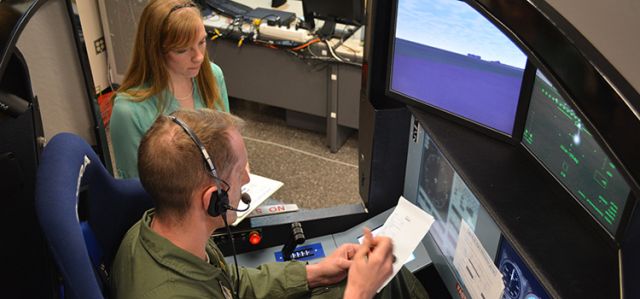Document Type
Article
Publication Date
9-2010
Publication Source
Mechanism and Machine Theory
Abstract
Although a general five-position, rigid-body guidance problem admits a discrete number of revolute–revolute (RR) dyads, this paper identifies arrangements of five task positions that result in a center-point curve. For these special arrangements, a one-dimensional set of revolute-prismatic (RP) dyads exist to achieve the task positions. Other five-position arrangements are identified where a one-dimensional set of prismatic-revolute (PR) dyads exist to achieve the task positions. For a general case of five task positions, neither PR nor RP dyads are possible. In a general case of four-position rigid-body guidance problems, a unique PR dyad and RP dyad exist. Four-position arrangements are identified where the associated center-point curve includes the line at infinity and admits a PR dyad with a line of slide in any direction. Likewise, arrangements of the four positions are identified where the circle-point curve includes the line at infinity, permitting a one-dimensional set of RP dyads. These special four and five positions lead to dyads that can be coupled to solve a rigid-body guidance synthesis problem with a PRRP or RPPR device which is generally not possible. These solutions are particularly useful in design situations where actuation through a prismatic joint is desired.
Inclusive pages
1314–1325
ISBN/ISSN
0094-114X
Document Version
Preprint
Copyright
Copyright © 2010, Elsevier
Publisher
Elsevier
Volume
45
Issue
9
Peer Reviewed
yes
eCommons Citation
Myszka, David H. and Murray, Andrew P., "Pole Arrangements that Introduce Prismatic Joints into the Design Space of Four- and Five-Position Rigid-Body Synthesis" (2010). Mechanical and Aerospace Engineering Faculty Publications. 178.
https://ecommons.udayton.edu/mee_fac_pub/178




Comments
The document available for download, provide here in compliance with publisher policies on self-archiving, is the author's initial manuscript. Some differences may exist between this version and the final published version. As such, researchers wishing to quote directly from it are advised to consult with the version of record or visit an academic library.